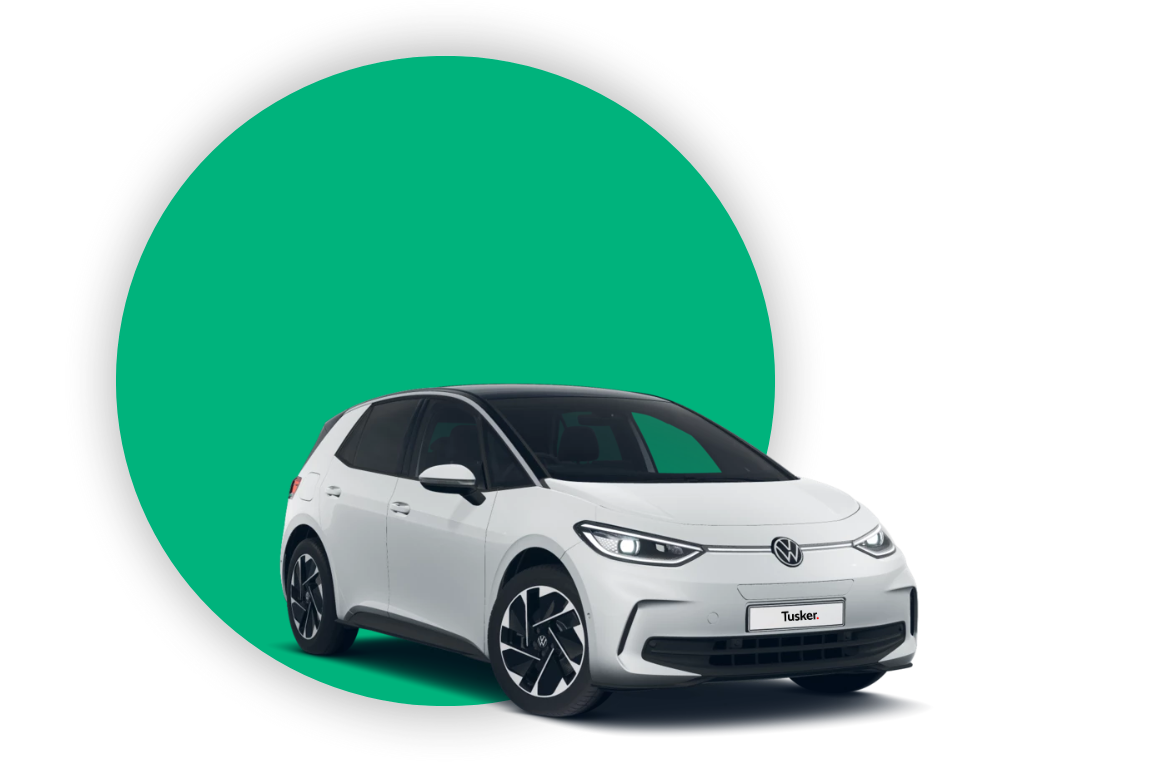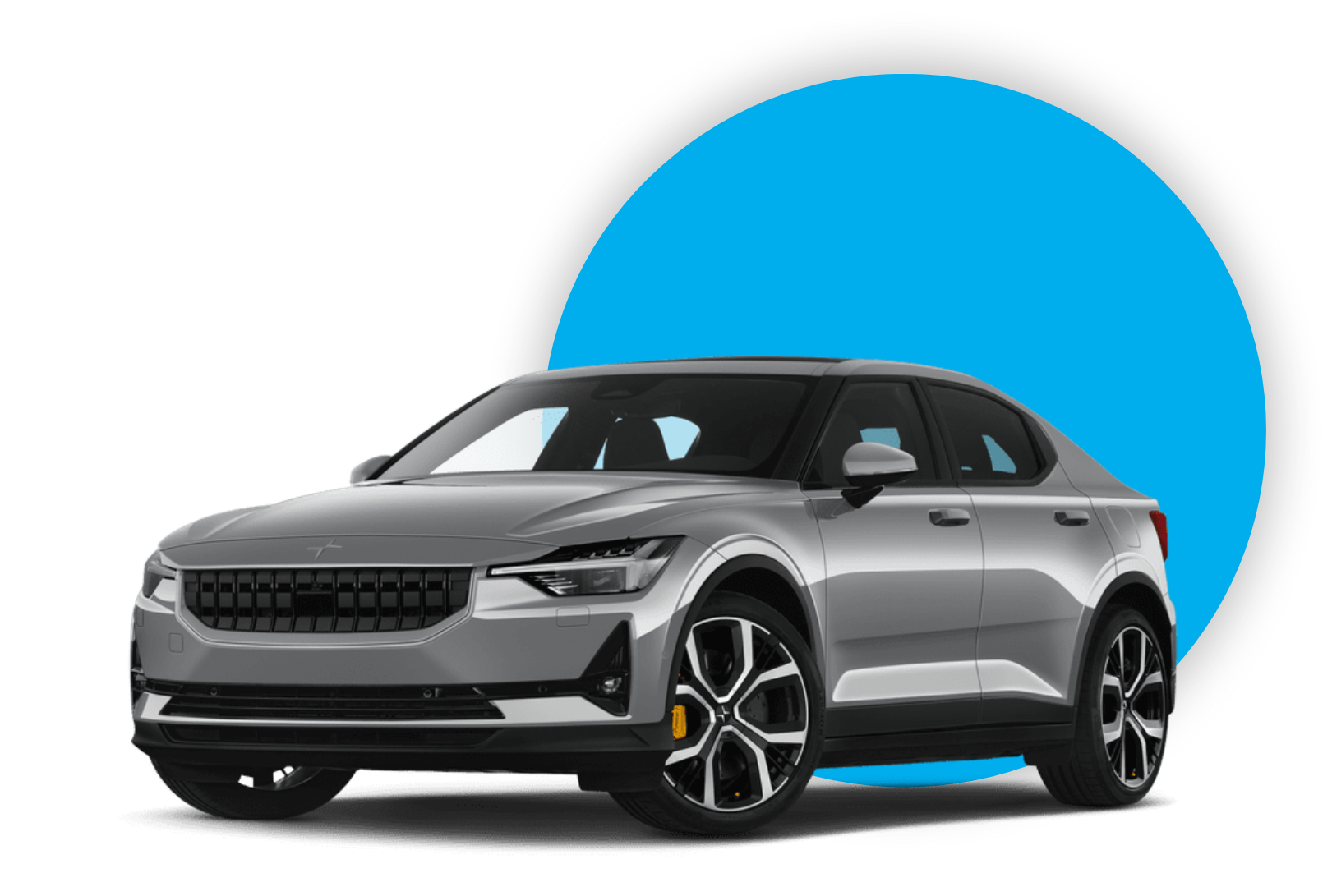Electric Car Range
You’ve decided to make the leap to an EV, but most models offer a range of different battery options. So how can you figure out how many miles of range is right for you? There are a few myths about electric vehicles that can be off putting for people who might be considering their first EV, so we have put together a myth-busting guide to help you.
- What is the average range of an EV?
- How much range do I need when choosing an EV?
- What affects the range of an EV?
- How fast will an EV charge?
- Where can I charge my EV?
What is an electric car range?
With every year that passes, the range of new EVs on the market gets longer. The range of the newest, and highest-spec EVs on sale in the UK is currently between 400-500 miles per charge, but even the more average specification models are usually capable of between 200-300 miles.
What is the average range of an EV?
The average range of all EVs on sale in the UK in 2023 is currently 219 miles, but as this includes small, city-focussed vehicles such as the Citroen Ami, with a range of under 60 miles, in reality, the average will be much higher.
Most EVs on sale today will have a range of at least 200 miles, which when compared to the average number of miles driven by UK motorists is just 73 miles a week, so for most people, a standard EV is fine.

How far can electric cars go?
There are several EVs on sale in the UK with very impressive range. The Mercedes EQS has a range of 464 miles, or more than enough to drive from London to Edinburgh without needing to recharge. The Polestar 2 can travel 406 miles on a full charge, while the Tesla Model 3, Model S, The Ford Mustang Mach-E all have ranges of more than 350 miles.

Shortest vs. Longest Average
If you need an EV for short trips around town, and rarely do long distance journeys, then there are several small, urban-focussed cars that will be perfect for town driving. The Mini Cooper E, Honda E and Mazda MX-30 may only have a range of around 100-120 miles, but they are much cheaper than vehicles with a longer range and they are perfect for short trips.
More family orientated EVs aimed at the ‘average’ motorist, such as the BYD Dolphin have ranges of around 200 miles, which gives the ability for longer journeys when needed.

Going the distance: how much range do I need when choosing an EV?
Doing more miles on one charge can seem incredibly enticing, but do you really need a car with a huge range, or would a more modest capacity suit you? Here are some key factors to consider when choosing what EV is best for you.
How often do you think you will need 300 miles of range? The average driver does 73 miles a week for commuting and even when throwing in the school run, 300 miles will be excessive for most drivers. Couple this with charging points at your home, your office, and even at the supermarket, the standard battery options offered will be more than enough for most drivers’ weekly routine.
Of course, cars are not just for the daily commute and errands. Despite the abundance of charging stations, charging mid-journey might still be needed, so if you know that your car will be used for more than just the commute and weekly errands, an EV with a longer range may be right for you

MG4: 218 miles of range.
What affects the range of an EV?
The main factor that will influence the range of your EV is the season. In short, in winter, you will get less range from your EV than you do in summer. There are two main reasons for this:
Cold Weather and Electric Vehicles
- Cold weather makes an EV battery less efficient, and this can result in a drop of between 12-18% in range if the outside temperature drops to around 0 degrees.
- In the winter, you are more likely to run other systems in your car, such as the heater, heated seats and even a heated steering wheel, all of which use electricity at a high rate.
One of the best ways to avoid depleting the range of an EV in winter is to pre-heat the cabin before you set off, ideally, while the car is still on charge. This way, not only do you set off with the greatest range possible, but you will also get into a nice warm car, with no need to wait for a windscreen to de-mist, or a heater to blow hot air.
Find out more >
Hot Weather and Electric Vehicles
The weather is on your side (for once)
In summertime, the good news is that while air conditioning does use electricity, using it on a low setting, with your windows down for added ventilation is a lot less energy intensive than heating a car to maintain the same level of comfort.
While cold weather is known for reducing an EV’s range, the good news is that hotter temperatures do not have the same effect. Typical UK summer temperatures are ideal for EVs as they can work at their maximum efficiency and even in extreme heat battery range is only likely to reduce by as little as 1%.
Find out more >
How fast will an EV charge?
When it comes to how long it takes to charge an EV, there are a few factors to consider:
- Battery size – more powerful batteries hold more electricity so it can take longer to charge them.
- Speed – some cars can be charged using super-rapid chargers which makes it quicker to power the battery.
- Current charge – like your mobile phone, charging a battery from 1% to full takes longer than charging from 20% to 80%, so the amount of electricity in the battery will also impact the time it takes to charge.
Charging an EV can take anywhere between 30 minutes and 10 hours! It all depends on how big the battery is that you have in your car and the power of the charger you are using.
There are four main types of charger in the UK, and this can give you a good idea as to charging times.
Where can I charge my EV?
If you live in a terraced house or flat, or a home with no off-street parking, you might think an electric car isn’t for you. But that’s not necessarily the case. It’s easy to build charging into your normal routine instead, for example by charging your car when you go to the supermarket or leisure centre. With public charging available at different places across most towns and cities, you will probably be able to charge when you park at work or the railway station on your way to work.
While this might not be as convenient as charging at home, there’s a big potential cost saving to be made as some employers and supermarkets (like Tesco) allow you to charge for free. To find your local charging points, take a look at Zap-Map, which is a Tusker partner, and a live UK-wide map showing the country’s huge network of charging points. You’ll be surprised at just how many places there are for you to charge.
Zap Map Charging MapEV Suitability Tool
Use our online tool to determine if you could switch to an electric car. We take into account your mileage and access to a charge point to determine if an EV can fit into your lifestyle and what make makes and models would be best for you.
Take the Test
